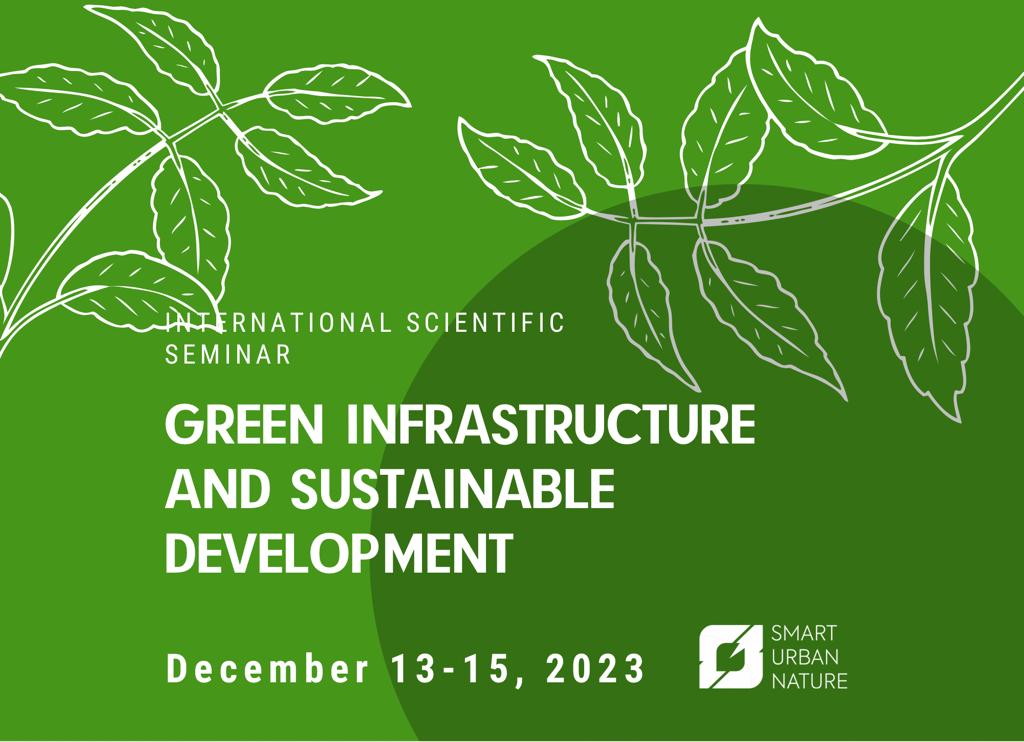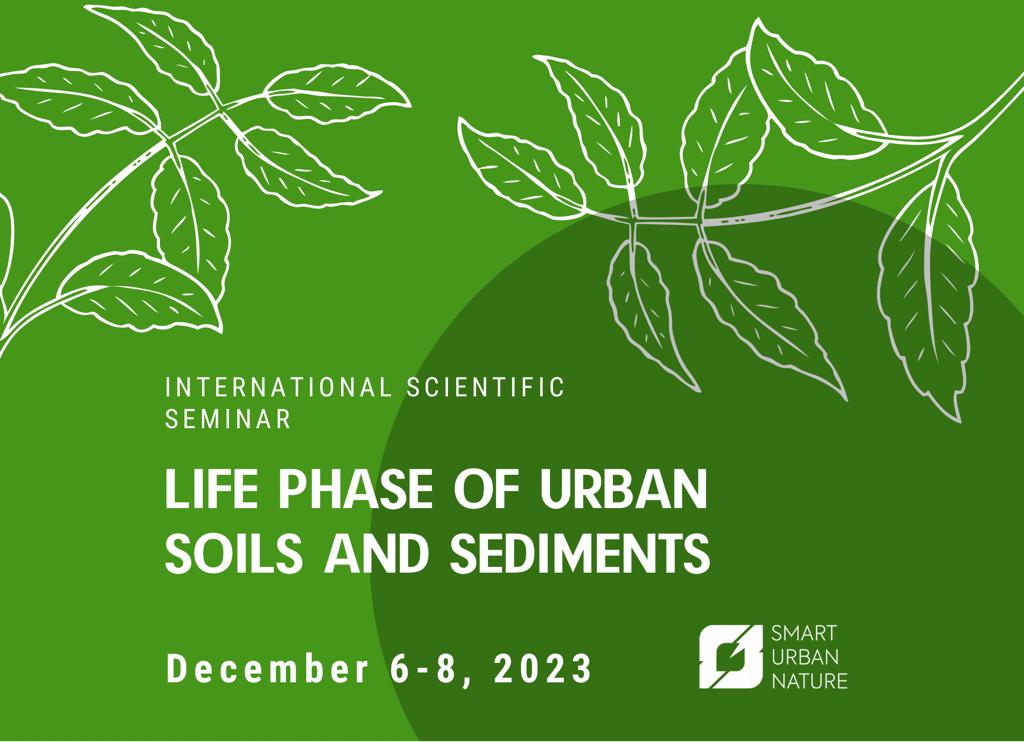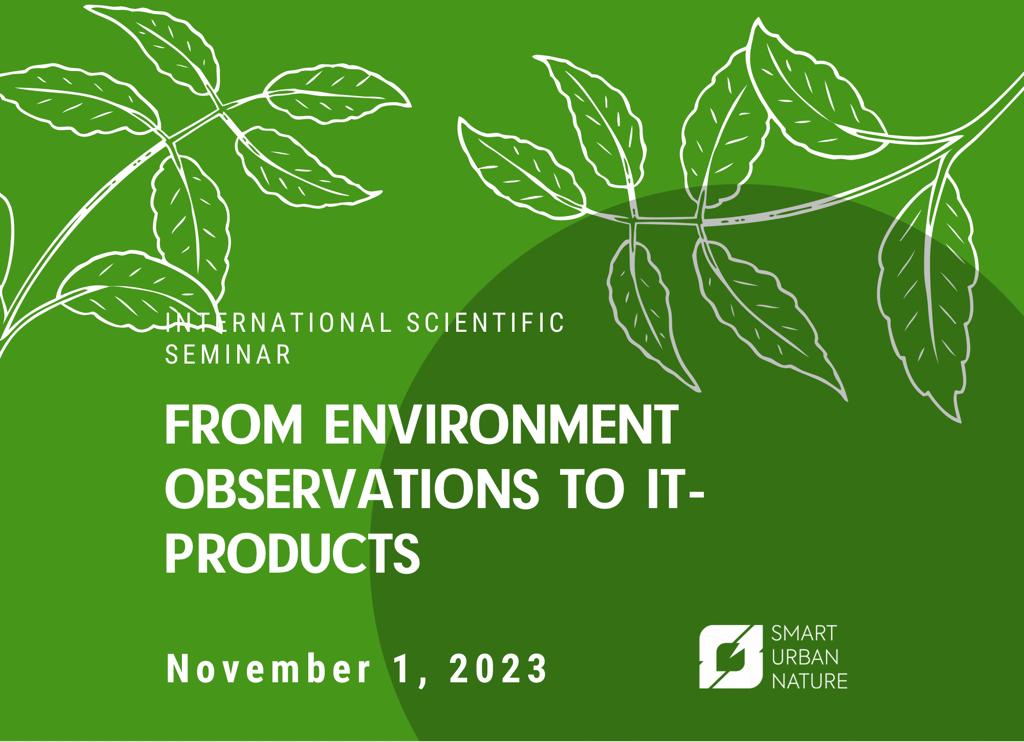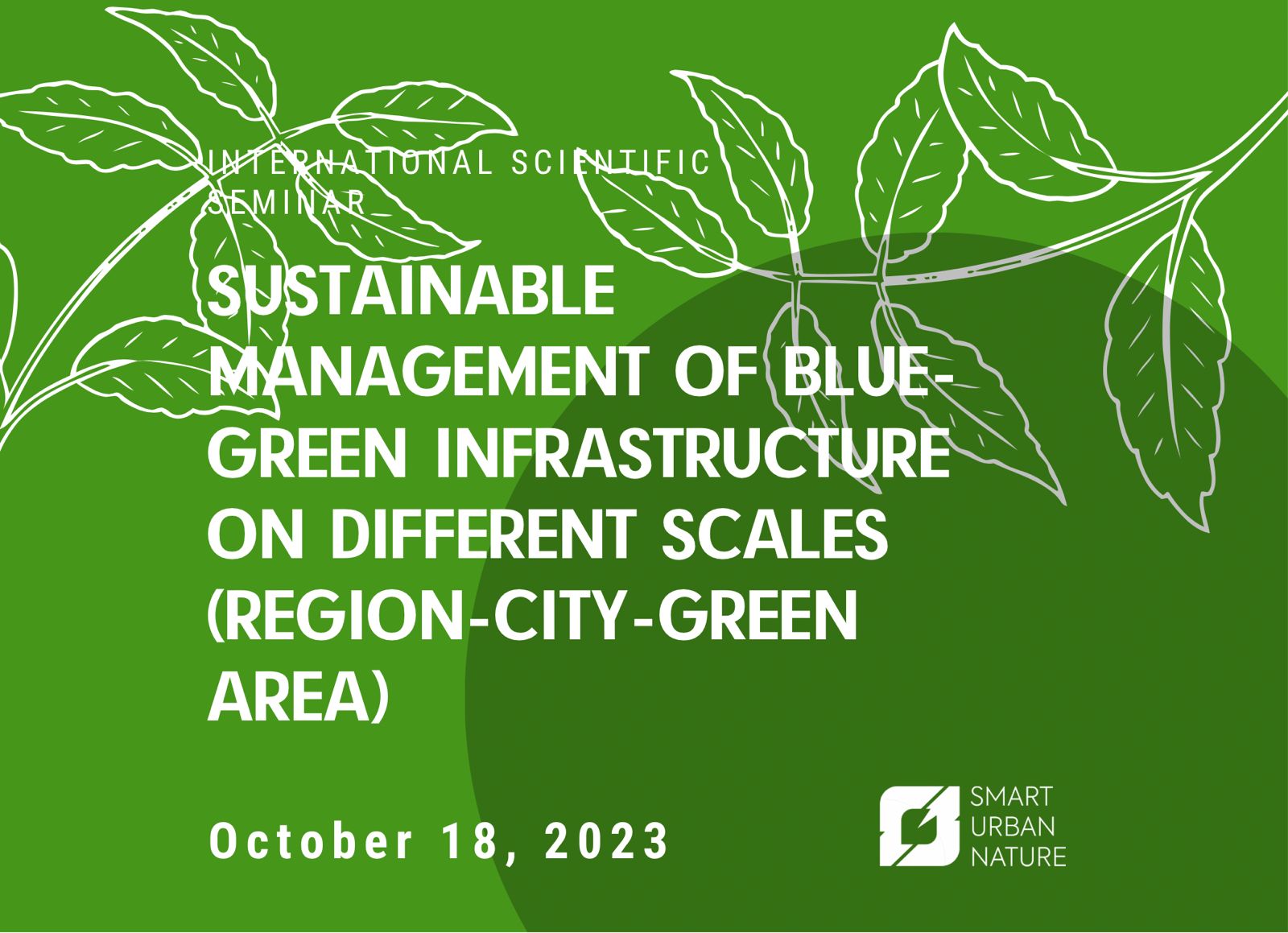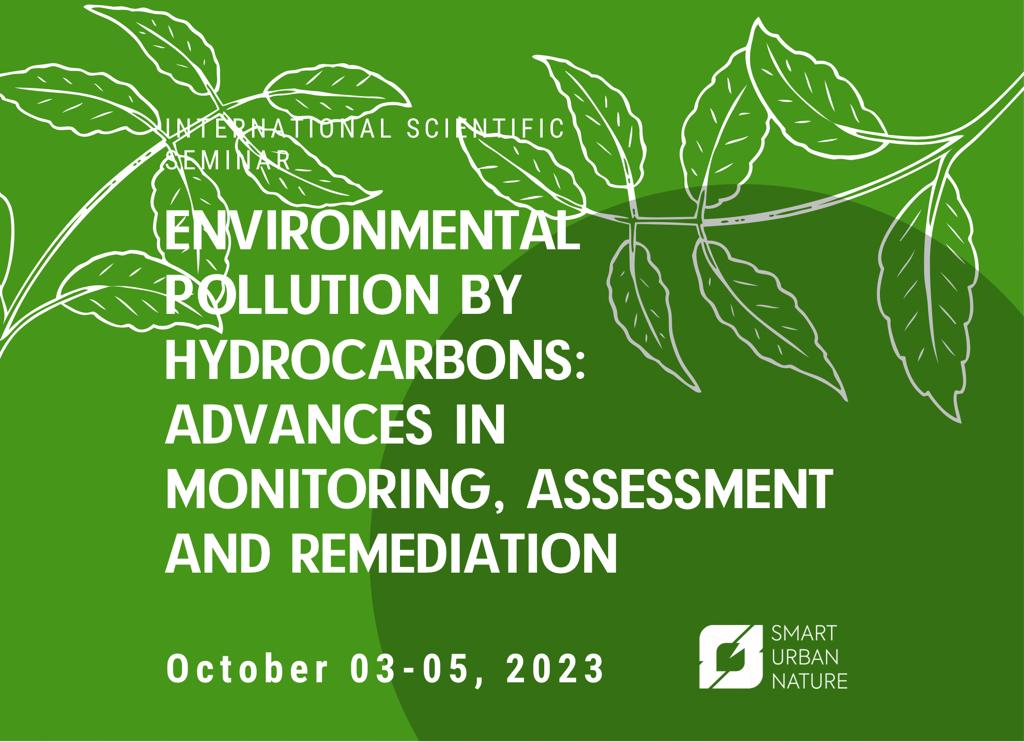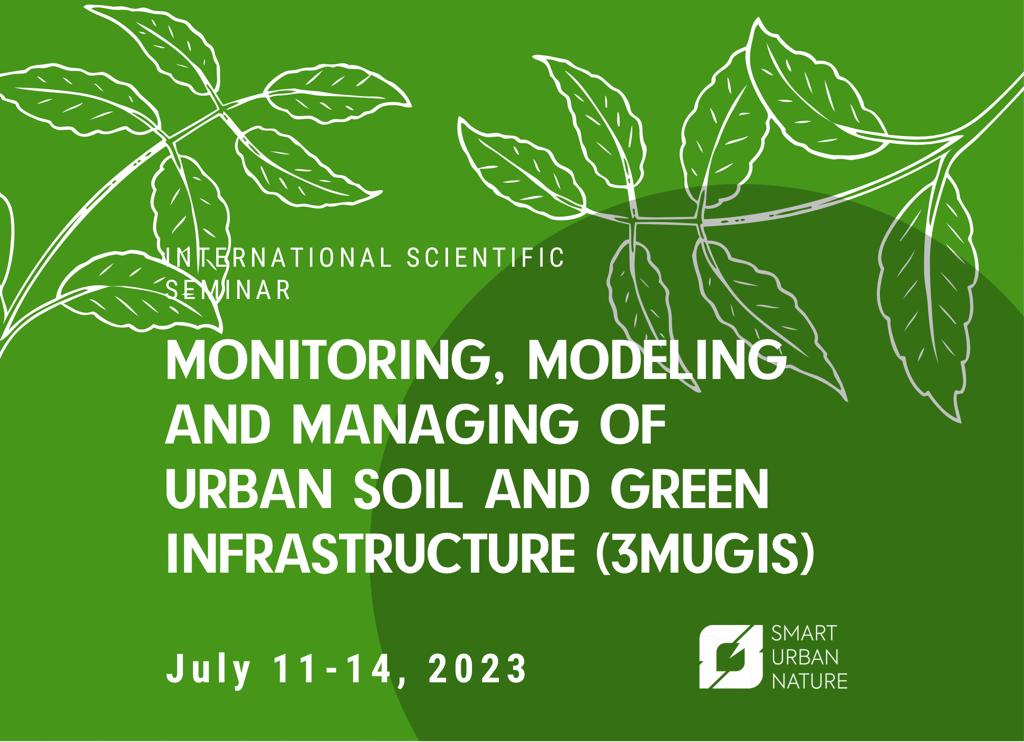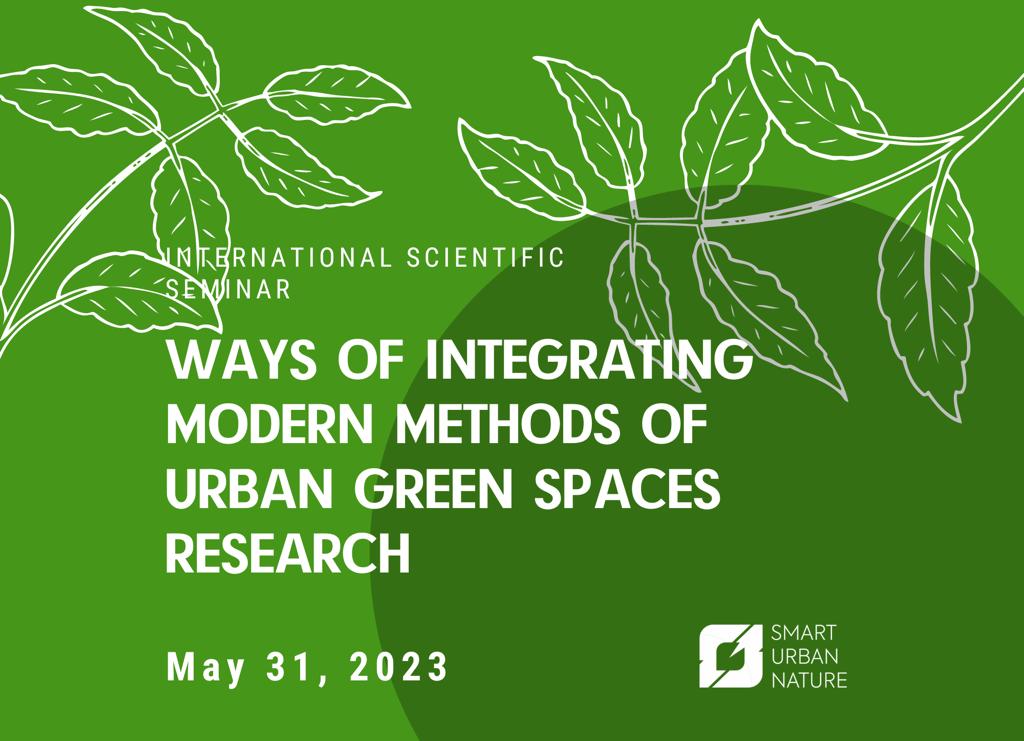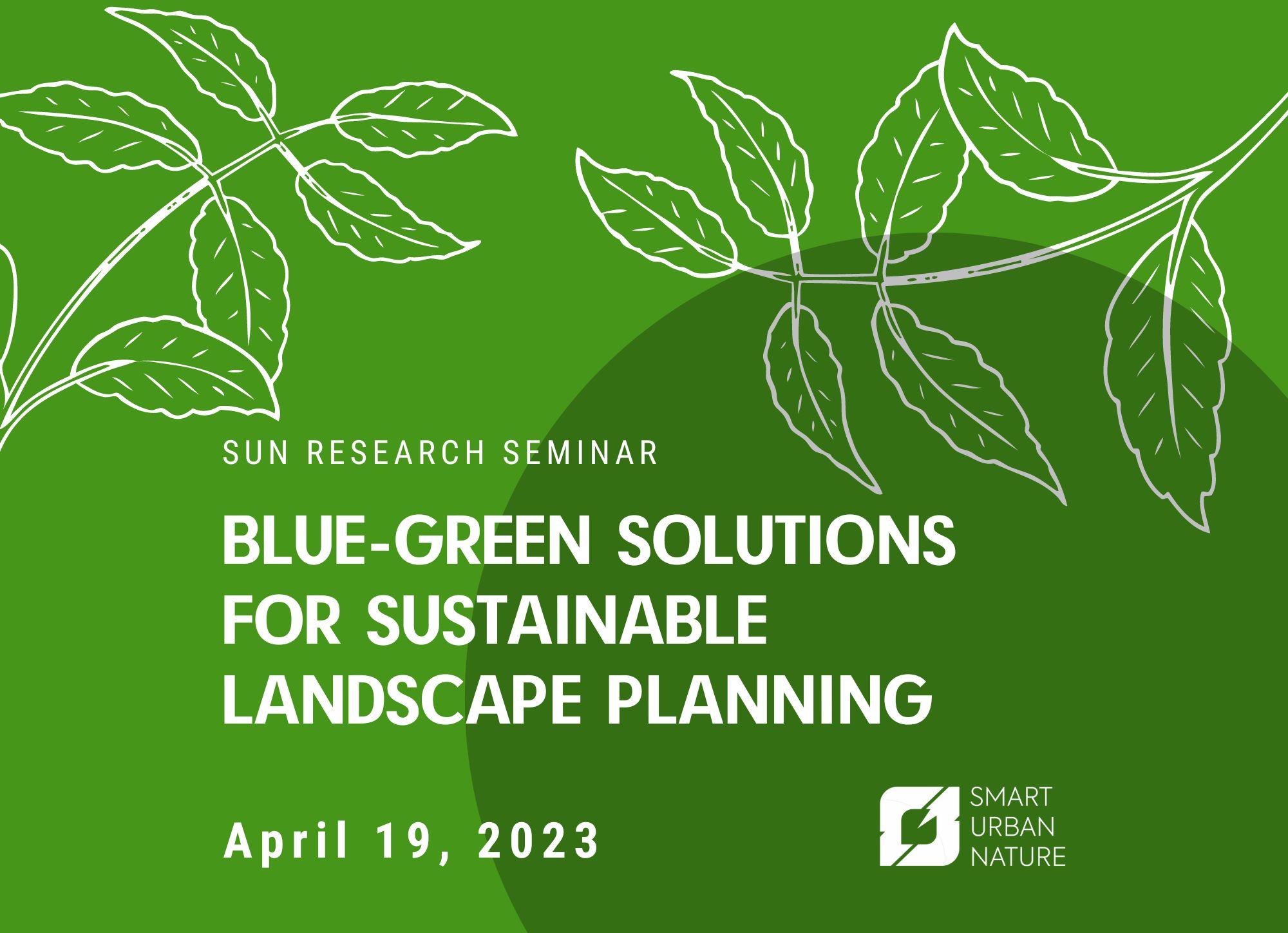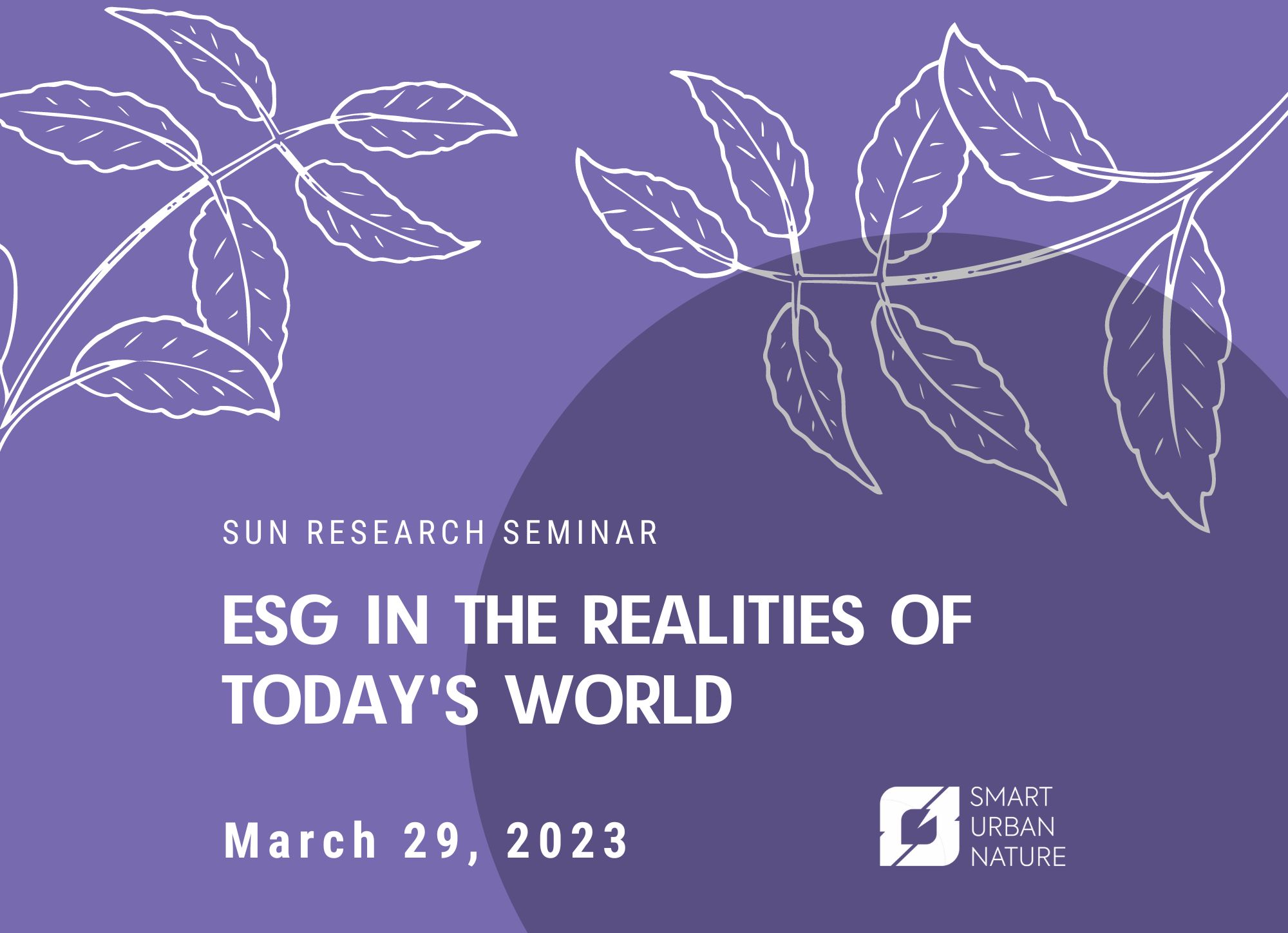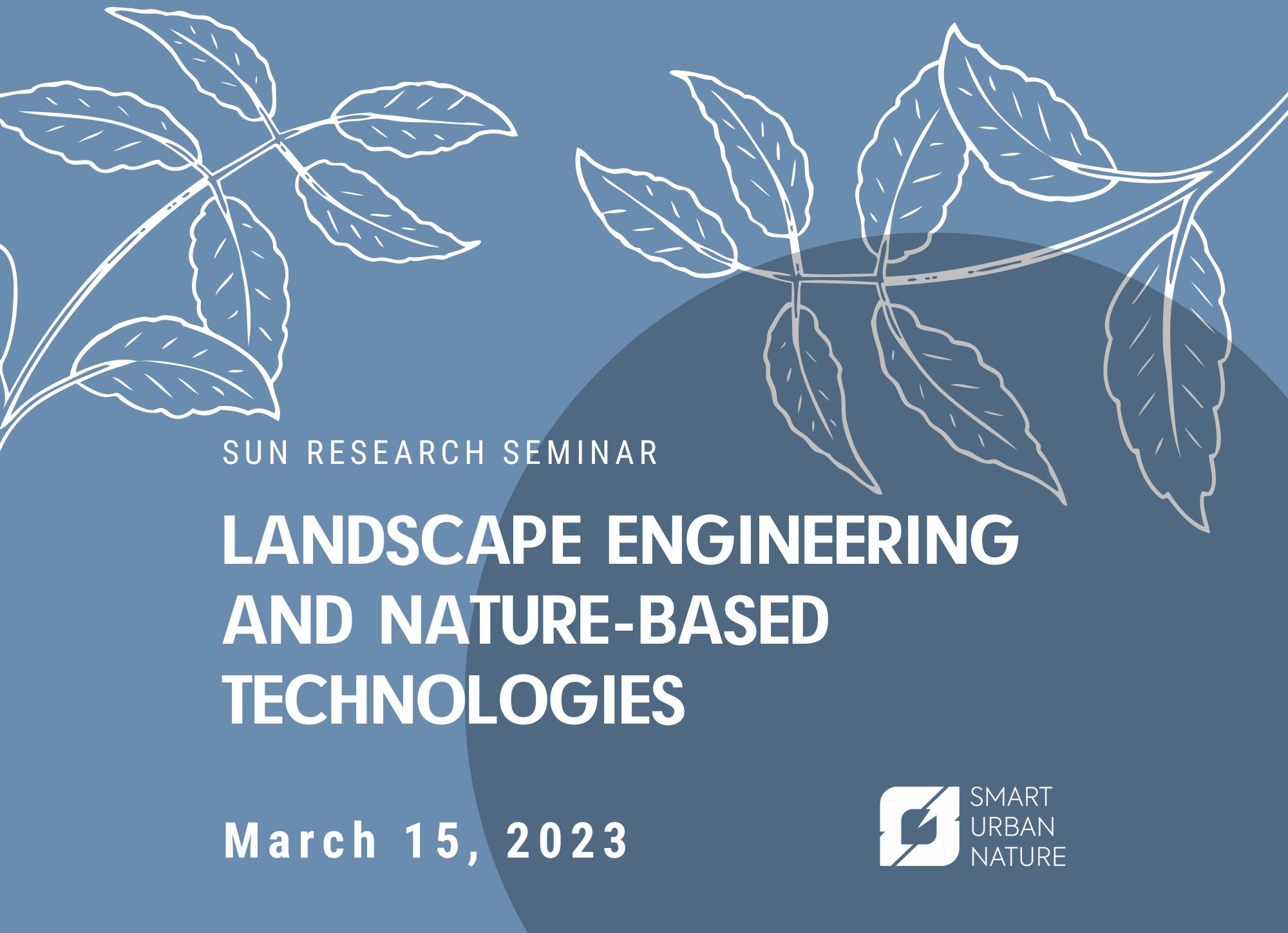Organizer: Department of Landscape Design and Sustainable Ecosystems, Smart Urban Nature research center, Agrarian and Technological Institute of RUDN University
Area: Science, Education, International cooperation
Subarea: Ecology and nature management
Format: Seminar
Type: International
Title: International Scientific Seminar «Monitoring, modeling and managing of urban soil and green infrastructure (3MUGIS)»
Date: July 11-14, 2023
Location: Microsoft Teams
Contact person: Robert Anton Erikovich, robert-ae@rudn.ru
The links to the Seminar:
July 11, 2023: https://teams.microsoft.com/l/meetupjoin/19%3ameeting_MDZiM2ZjMWYtZDZiNS00ZmI4LTg1M2QtNGIzZWMyYjg5MDg2%40thread.v2/0?context=%7b%22Tid%22%3a%222ae95c20-c675-4c48-88d3-f276b762bf52%22%2c%22Oid%22%3a%22f65a4194-298d-48a6-9141-2a62230f1670%22%7d
July 12, 2023: https://teams.microsoft.com/l/meetupjoin/19%3ameeting_MjJlNGJjZjEtYmFkZS00YzJlLWJlZDktMmE1MWY3MmMxMDU4%40thread.v2/0?context=%7b%22Tid%22%3a%222ae95c20-c675-4c48-88d3-f276b762bf52%22%2c%22Oid%22%3a%22f65a4194-298d-48a6-9141-2a62230f1670%22%7d
July 13, 2023:
https://teams.microsoft.com/l/meetupjoin/19%3ameeting_MGZkNzU1MjItMWJiYS00MDMxLTk5NWMtNDk2OTlkYjQzZDc1%40thread.v2/0?context=%7b%22Tid%22%3a%222ae95c20-c675-4c48-88d3-f276b762bf52%22%2c%22Oid%22%3a%22f65a4194-298d-48a6-9141-2a62230f1670%22%7d
July 14, 2023:
https://teams.microsoft.com/l/meetupjoin/19%3ameeting_NjdhMzg2YjItMGFiYi00ZWQ1LWE4MzgtNDc5MjZhN2Y4YWEz%40thread.v2/0?context=%7b%22Tid%22%3a%222ae95c20-c675-4c48-88d3-f276b762bf52%22%2c%22Oid%22%3a%22f65a4194-298d-48a6-9141-2a62230f1670%22%7d
About the event:
The Research center «Smart technologies for sustainable development of the urban environment in the global change» Agrarian and Technological Institute RUDN University organizes an international scientific seminar « Monitoring, modeling and managing of urban soil and green infrastructure (3MUGIS)», which will be held on July 11-14.
The international scientific seminar will be devoted to the study of ecological, anthropogenic, social and other processes of urbanization and their impact on soil functions. Participants will learn about new approaches in ecomonitoring and modeling of urban ecosystems, study the biochemistry of urban soils and plantings, analyze issues of ecosystem services and urban climate, as well as get acquainted with technical innovations in the study of urban soundscape.
Event program:
July 11, 2023
16.00 – 16.30
«Urban lawns: technologies, functions and ecosystem services»
Gorbov S.N., d.b.s., Head of the Research and Testing Laboratory “Biogeochemistry”, Professor of the Botanic Department of the Academy of Biology and Biotechnology named after. D.I. Ivanovsky, Southern Federal University
16.30 – 17.00
«Ecosystem services of urban green infrastructures in COVID and post-COVID times»
- Dushkova, Associate Professor, c.g.s., ATI RUDN University/, Humboldt University (Germany)
17.00– 17.30
Discussion
July 12, 2023
16.00 – 16.30
«Citizen science for urban planning and research»
- Sadykova, c.b.s., Director of the ANO “Center for the Promotion of Biodiversity” NatURAList”
16.30 – 17.00
«Green city index: a novel approach to support master-planning»
- Dvornikov, c.g-m.s., Research Center “Smart technologies for sustainable development of the urban environment in the context of global changes”, ATI RUDN University
17.00– 17.30
Discussion
July 13, 2023
16.00 – 16.30
«Digital twin of urban green infrastructure for the case of Belgorod»
- Proskuryakov, graduate student, SPbGLTU named after C.M. Kirov, director of ANO “Green Infrastructure of Cities”
16.30 – 17.00
«Space Syntax Theory in urban planning»
- Kryukovsky, c.a.s., Director of the Institute of Landscape Architecture, Construction and Wood Processing, SPbGLTU named after C.M. Kirov
17.00– 17.30
Discussion
July 14, 2023
16.00 – 16.30
«Climate change risks, mitigation and adaptation in cities»
- Chernokulsky, c.ph-m.s., Institute of Atmospheric Physics named after A.M. Obukhov RAS
16.30 – 17.00
«Carbon efficiency of urban constructed Technosols»
- Kuzyakov, professor, PHD ATI RUDN University / soil scientist, professor and head of the department of forest soil science and agricultural soil science at the University of Göttingen, (Germany)
17.00– 17.30
Discussion

